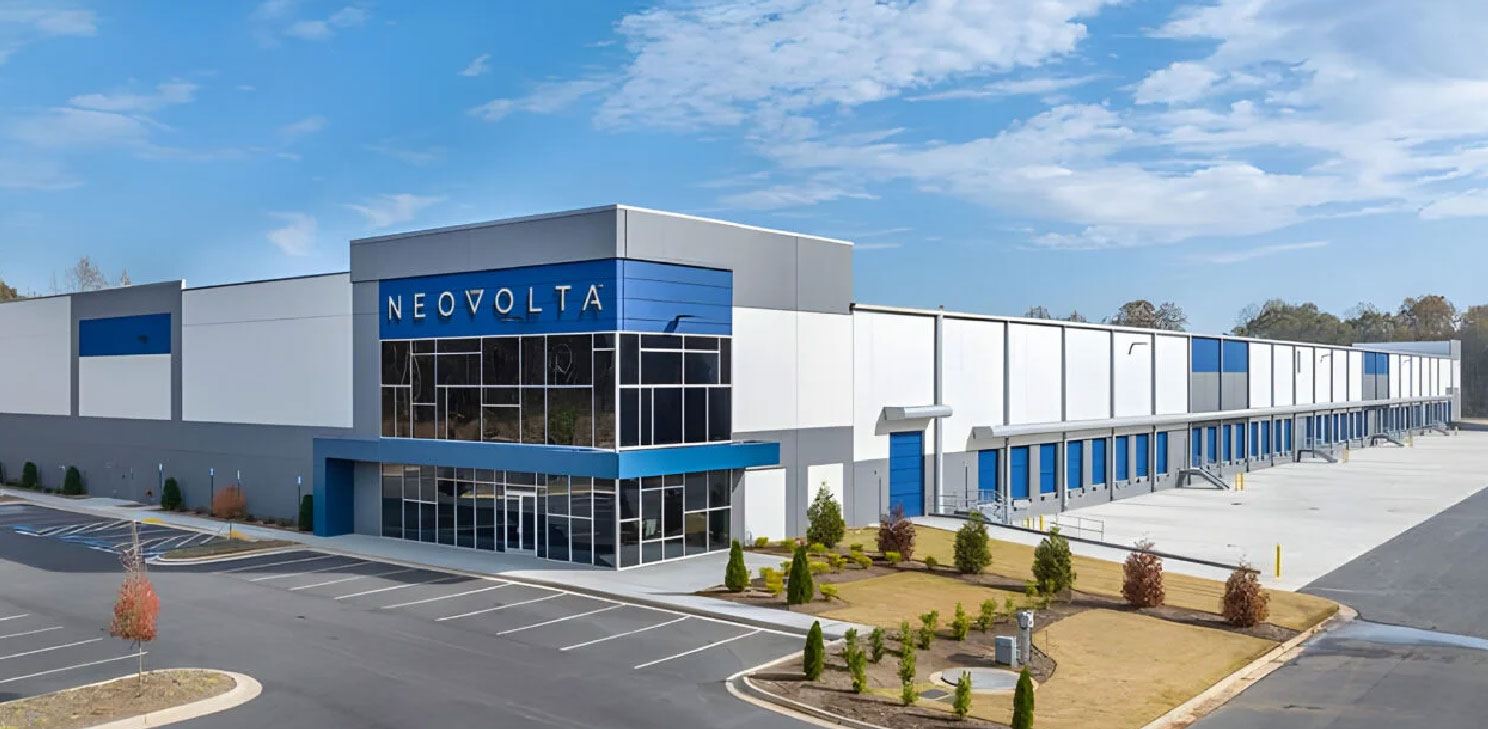The California Air Resources Board (CARB) passed a new regulation that will phase out the operation of large spark-ignited (LSI) forklifts in California and encourage the use of zero-emissions alternatives. LSI forklifts are a source of pollutants and greenhouse gases, particularly in parts of the state that continue to exceed federal ozone standards.
Under the rule, manufacturers cannot produce or sell, for use in California, Class IV and Class V LSI forklifts with a rated capacity of up to 12,000 lbs—categories that largely operate on propane, gasoline and natural gas—beginning in 2026. These forklift categories are based on classifications used by OSHA. The rule also phases out the use of spark-ignited forklifts by large fleets, defined as 26 units or more, starting in 2028. The phase-out schedule is by model year and designed so that no forklift is required to be phased out before it is 10 years old. Smaller fleets will phase out the use of spark-ignited forklifts starting in 2029.
This rule addresses more than 89,000 spark-ignited forklifts currently operating in the state. CARB estimates that more than 2 tons of nitrogen oxide emissions will be avoided per day by 2031 – which is the equivalent of removing 1.2 million miles travelled by a gasoline-powered car. Forklifts are well-suited for widespread adoption of zero-emission technology, and about half of forklift sales in California today are zero-emission. Owners and operators also are expected to see $2.7 billion in net fleet cost savings from lowered operating costs.
The regulation includes compliance exemptions for special circumstances including low-use LSI forklifts, emergency operation forklifts, and forklifts used in the field for agricultural or forest operations. The regulation also included compliance extensions for delays with infrastructure construction, infrastructure site electrification, zero-emission forklift delivery, and operational issues if a zero-emission forklift cannot meet an operator’s needs.
Accelerating the transition to zero-emission technologies, where feasible, is an important component of CARB’s strategy to meet the state’s air quality and greenhouse gas reduction goals. This measure, which has been identified in CARB’s Mobile Source Strategy, State Implementation Plan, and Sustainable Freight Action Plan, is one of several short-term actions intended to facilitate further zero-emission equipment penetration in the off-highway vehicle sector.
Dr. Bill Robertson from CARB will be a guest speaker at the upcoming Innovatrix DZOM EXPO taking place at the Donald E. Stephens Convention Centre in Chicago, IL, on December 3–4, 2024. He will be sharing this and other CARB updates on regulatory actions and incentive projects as well as his insights on infrastructure and efficiency expanding addressable job sites and tasks.
For more information, visit our website or email us at info@innovatrix.eu for the event agenda.
Source: CARB















